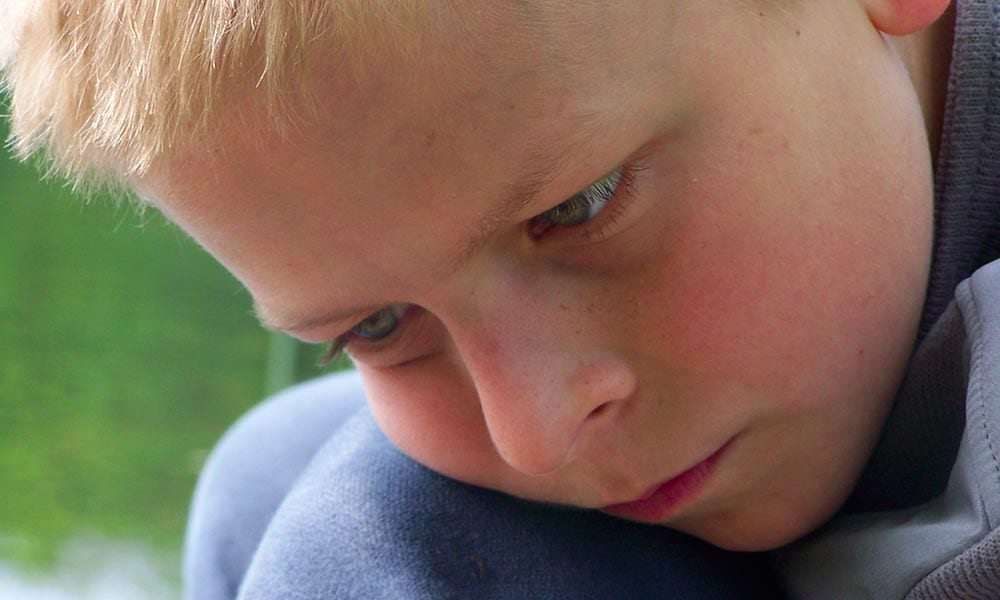Welcome to the SFBACCT
The San Francisco Bay Area Center for Cognitive Therapy
The Center has been committed to providing empirically supported and compassionate care to the Bay Area community for nearly 30 years. We strive to provide customized care that meets the unique needs of each person. We will work with you to develop an individualized treatment plan that integrates your unique needs and goals.
Our partners have extensive training and experience utilizing Cognitive Behavioral Therapy (CBT), Acceptance and Commitment Therapy (ACT), and current research-based modalities, including mindfulness and self-compassion. We also provide high-quality professional training for clinicians, trainees and organizations.
If you want to schedule a consultation with one of our clinicians, you can CONTACT US here.

Center Clinicians





Problems We Treat
We Provide Telehealth Video Appointments
Problems We Treat At Our Center Include, But Are Not Limited To, The Following:
Anxiety:
Generalized Anxiety/Worry and Rumination
Panic/ Fear of Having Panic Attacks
Agoraphobia
Social anxiety
Phobias
Avoidance Due to Anxiety Fears
Attention Deficit Hyperactivity Disorder (ADHD)
Obsessive Compulsive Disorder (OCD)
Body-Focused Repetitive Behaviors
(e.g., Trichotillomania / Hair Pulling, Skin Picking)
Parenting:
Parenting an Anxious Child
Parenting a Child with ADHD
Supportive Parenting for Anxious Childhood Emotions (SPACE)
Life Transitions:
Divorce
Parenthood
Retirement
Transition to College
Failure to Launch
Insomnia (and Other Sleep Challenges)
Relationships
Depression
Stress Management
Childhood Disorders:
Separation Anxiety
School Refusal
Selective Mutism
Elimination Disorders (Enuresis and Encopresis)
Cognitive Therapy Blog
Cognitive Currents
.
Does My Loved One Have Hoarding Disorder (HD)?
The visible signs that a loved one has Hoarding Disorder (HD) can, in some cases, be pretty obvious. Here are ten warning signs that your loved one may have HD.
Cognitive-Behavior Therapy and Harm Reduction for Hoarding Disorder
Hoarding disorder (HD) is a complex condition that affects approximately two to five percent of the population and is a difficult problem to treat. However, researchers have developed a special form of cognitive-behavior therapy that is promising for the treatment of the condition. For those who don't seek treatment, communities have undertaken harm reduction approaches.
Addressing Family Accommodation in the Treatment of Pediatric Anxiety and OCD
As a clinician specializing in the treatment of pediatric anxiety and OCD, I am very fortunate to have access to so many effective interventions designed to treat the children suffering from these disorders. However, as anyone who works with this population knows, addressing the child’s symptoms is only half the battle.
Responding to Ambivalence in People Who Hoard
Ambivalence – and a great deal of it – is a typical feature of hoarding disorder. Given the considerable ambivalence of most clients with this condition, clinicians want to take care to avoid inadvertently shutting down the client’s motivation to work on the problem. Here are typical ways clinicians shut down motivation when treating hoarding disorder.
Sleep Hack
We hear a lot about “life hacks,” simple things that we can do to improve our lives. Research shows that the #1 life hack is better sleep. Better sleep improves your health, mood, performance at work or school, even your social life. Did you know that you look more attractive to others when you have had a good night sleep?
Handling Poor Treatment Response with Adolescents
Psychotherapy with adolescents is a difficult proposition. Research suggests that adolescents do not do as well as adults in psychotherapy and that they tend to dropout or refuse treatment more often. The cognitive-behavioral treatment for obsessive-compulsive disorder (OCD) is no exception.
Little Worriers
Worries and fears are a typical part of early childhood. Most children outgrow their fears with little or no impact on their social, emotional, or intellectual development. Little worriers, on the other hand, do not outgrow their fears and over time experience a myriad of problems.
Harnessing Your Attention: A Powerful Tool in Your Parenting Toolkit
It’s no secret that kids crave attention—in fact, parents’ attention can be the most powerful reinforcement a child can receive. And that goes for positive as well as negative attention—whether you’re complimenting your child or yelling at him. Therefore, it’s important to know how to use your attention wisely.
How to Survive Finals: Tips for being prepared and coping well with the intensity of finals
Finals time of year can be intense. Let’s be honest, for many students, it is the most stressful time of the year. Here are some tips that can help finals-takers with managing time, managing stress, and having a successful finals week.






